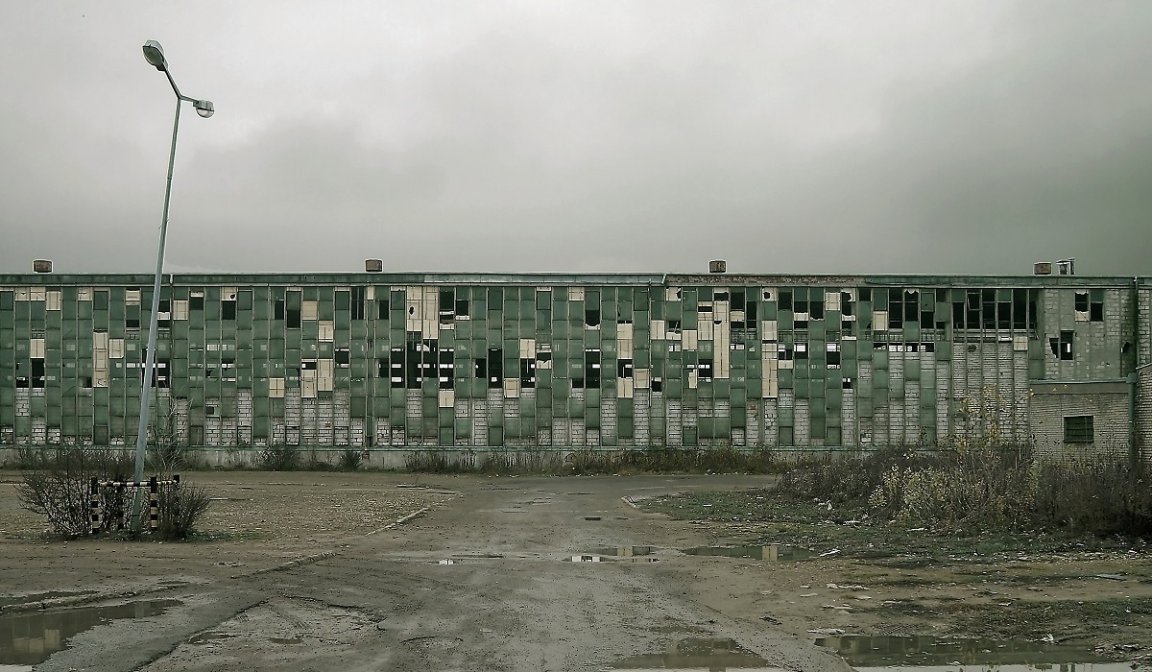
No Place Like Home
As Earth’s temperatures continue to rise, large amounts of land may soon become uninhabitable — and the consequences, scientists say, will be life or death.
According to a new analysis from researchers at Penn State and Purdue Universities, if Earth’s temperature climbs beyond 1.5 degrees Celsius past pre-industrial levels — which would be roughly one more degree Celsius from its current temperature — “billions” of humans across vast swaths of the globe will be subject to heat so extreme that their bodies will no longer be able to naturally cool, leaving them at escalating risk of heat-induced illness and death.
As heatwaves become more common, intense, and longer-lasting, “the question of breaching thermal limits becomes pressing,” reads the paper, which was published Monday in the journal PNAS. Ominously, the researchers add that if we continue on our current climate path, future “heat extremes will lie outside the bounds of past human experience and beyond current heat mitigation strategies for billions of people.”
In other words, if current climate trends continue, growing areas of the planet will become uninhabitable for their residents — who could perish as the result of the extreme heat or otherwise be forced to flee.
Humidity Kills
The researchers focused on humidity-rich “moist heat,” a particularly dangerous form of extreme temperature that hinders the human body’s heat responses. When humans sweat, that moisture ideally evaporates, cooling us down in the process; if the air is already too moist, sweat doesn’t evaporate as readily, causing a dangerous interruption to our internal temperature-regulation processes.
According to the study, the consequences of an inability to mitigate extreme moist heat pose a particular threat to humans in densely populated, mostly low-to-middle-income countries in moist tropical and subtropical climates. These regions will likely breach a healthy heat threshold before our planet crosses into a dreaded three-degrees-Celsius temperature increase — a horrifying climate scenario made particularly cruel by the fact that these nations, as paper coauthor Matthew Huber said in a statement, “generate far fewer greenhouse gas emissions than wealthy nations.”
“The worst heat stress will occur in regions that are not wealthy and that are expected to experience rapid population growth in the coming decades,” said Huber, a Purdue professor and the director of the university’s Institute for a Sustainable Future.
“As a result,” he added, “billions of poor people will suffer, and many could die.”
It’s a horrifying prospect, and given that humans around the world are already experiencing the horrifying impacts of global warming-induced climate change, from fires to floods and more, it’s not a difficult future to imagine.
More on the climate: It’s Too Late for Geoengineering Alone to Save Antarctica, Scientists Find